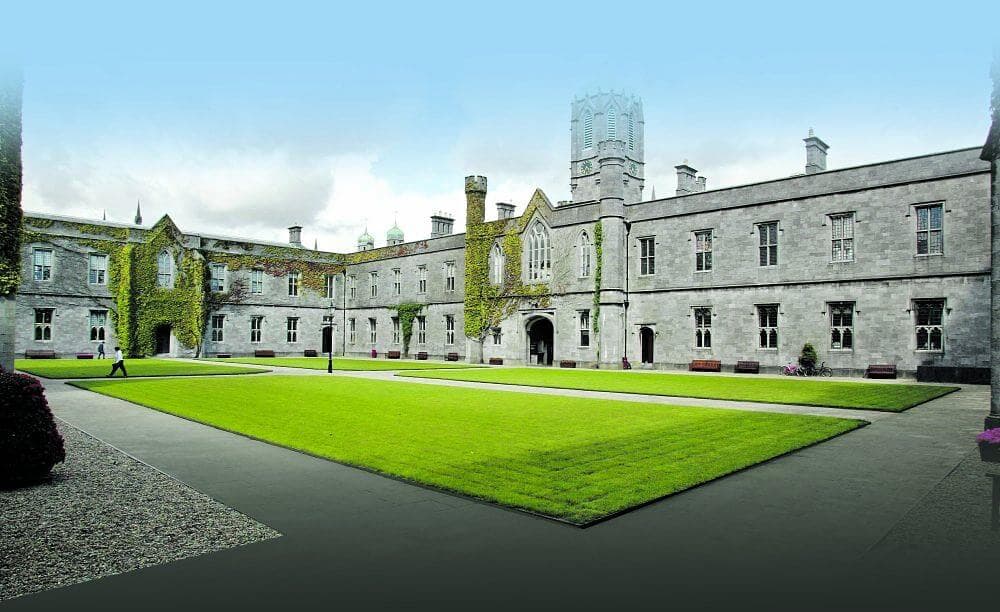BE Energy Systems Engineering at National University of Ireland Galway
Galway, Ireland
- Tuition Fee € 23,140
- Country Rank#14
- Duration48 Months
- Score IELTS: 6.5 TOEFL: 88
Program Overview
Energy Systems Engineering is a multidisciplinary programme that aims to meet the current and growing challenge of dwindling fossil fuel resources and the critical demand for alternative, renewable energy sources as a national, Europe-wide and global priority. The programme covers fundamental engineering knowledge and skills in such areas as energy generation, conversion, electrical power systems and energy management (buildings, transport, industry, etc.), along with modules on energy sources, energy policy, economics and associated environmental issues.
The programme will provide you with the skills to develop as a professional engineer who specialises in dealing with the breadth of energy systems used to generate, convert, transmit and manage energy throughout multiple networks, including electrical power, fuel, IT, water, transport and cities. Optional modules will provide you with a technical focus on different sectors of the industry. The early years of the programme will cover the fundamental sciences and mathematics, along with introductory modules on energy systems and sources. Multidisciplinary energy systems design projects will be supported by advanced modules in engineering design, analysis and information technology.
Electronics and Computing Engineering is a course that aims to integrate two separate engineering fields to meet the joint demands made by the electronics and computer industries in today's world. This programme combines coursework in different aspects of both fields over four years, with an emphasis on the design of computing systems. Electronics and computers, and their joint applications, are playing an ever-increasing role in our lives as Information Communications Technology (ICT), with everything from consumer goods to space shuttles using electronic hardware (circuits) and computer software integrated together. The increased use of ICT in every aspect of our lives ensures the continued relevance of this area of engineering.
Companies who design integrated electronics and computer systems require engineers who possess the software skills to complement traditional electronic hardware skills. The Electronic and Computing Engineering degree programme has been developed in response to these industry demads to develop students' hardware and software engineering skills in an integrated way and the analytical powers to apply them jointly.
Graduates of this course are ideally placed to pursue their specialism in ICT, which has wide applicability both nationally, with many indigenous technology companies and the multinational sector, and internationally. With the exponential development of ICT technologies worldwide, graduates will be at the forefront of people being employed in this area.
Cost Of Studying At National University of Ireland Galway
Interest rates as low as 8.9% *
250K+
Students Assisted
800Cr+
Loan Amount Disbursed
5000+
Loans Sanctioned
